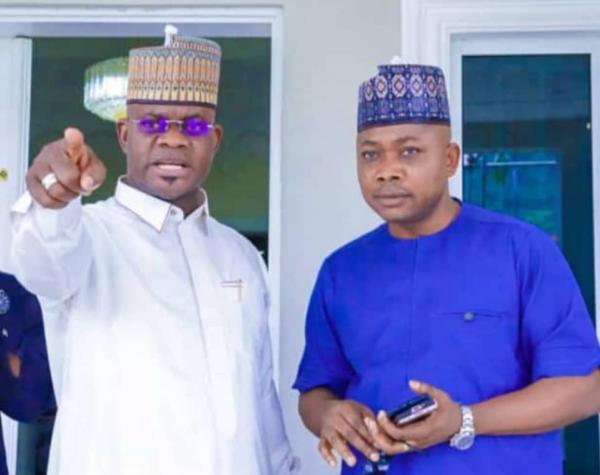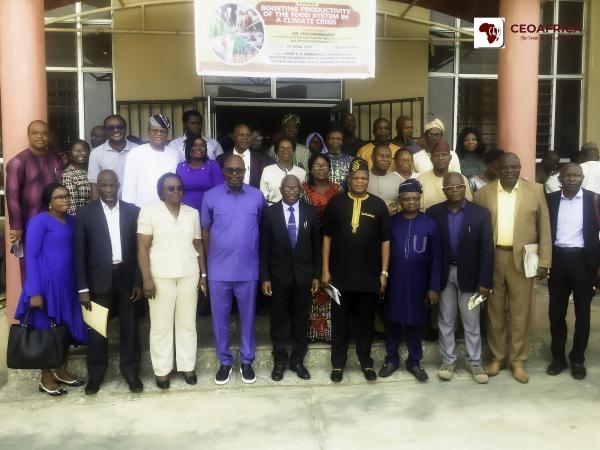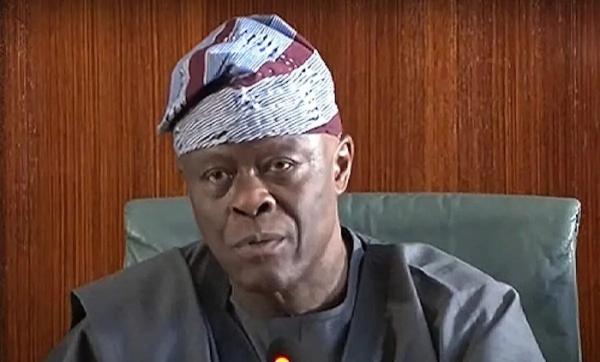
CSR: First Bank boosts capacity of Nigerian media
As part of its Corporate Social Responsibility, CSR, First Bank of Nigeria has continued to impact on Nigeria media through capacity-building that would spur journalists to carry out their duties effectively and efficiently and thus contribute to the country’s economic growth and development.
First Bank recently sponsored a four-day media training held in London for journalists who were selected from media houses in Nigeria to acquire advanced skills in financial journalism.
The training, the second, after a highly successful first edition hosted last year, brought together journalists from both print and electronic media to learn modern techniques of reporting financial matters for the future of Nigeria in the internet age.
The training programme had three major courses – macroeconomic analysis, financial journalism, social media, health; C.S.R and culture. Specifically, the four-day training programme started from June 23rdto June 27th, 2014 at the ground floor of the Press Association Building in Central London.
In her remarks during the first day of the training, Folake Ani-Mumuney, Head, Marketing & Corporate Communications, First Bank Nigeria Limited, said: “In furtherance of First Bank of Nigeria’s quest to support knowledge–based journalism among Nigerian practitioners, the bank decided to partner with UK-based media training firm, Philip Harrison Associates International to organise a training and excursion programme for select Nigerian journalists.”
She implored participants to take advantage of the unique training to equip themselves in order to boost their reportage skills that would in turn help to boost the socio- economic development of Nigeria and the world in general.
Highlights of the training were a three-day rigorous classroom work where participants were taught macroeconomic reporting. The lecturer for this course, Mr. John Coppock discussed with journalists on where we are now with global economics. Discussions were held on economic comparison between Britain and Nigeria’s place in the world.
There was update on the euro crisis , austerity and western deficit reduction. Other class discussions included money talks such as the main types of market and what to look out for when reporting; Derivatives such as oil futures, interbank finance and the new threat of cybercrime.
The lecturer took journalists on business ethics- how the UK differs from Nigeria, credit ratings , corruption and terrorism. Participants were taught how to report financials of corporate organisations.
Another lecturer, Mr. Darshan Sanghrajka took journalists on social media. He enumerated the importance of social media in today’s socio- economic development. Participants were taught how to get information from Facebook, Linkedin, Youtube and twitter, what channel to use and when to use it.
There were practical exercises. It was identified that there were some gaps in the online reporting of Nigerian newspapers. The importance of interaction with the audiences was highlighted. How to integrate news from Twitter and Linkedin and use of Facebook were discussed.
Nevertheless, the lecturer noted that there is a rising trend of online pirates “whose only agenda in the online media space is to blackmail and spread false information about credible brands. He warned journalists to always cross check facts before stories are published.
On her part, Mrs. Jules Bottazzi , took participants on Health, CSR and Culture reporting. She discussed on how different features articles can help to build a financial brand’s CSR.
She talked about how reporters can select issues that can engage audiences, adding that reporters can lead campaign such as new vaccinations and drugs, breast-feeding versus formula milk; the balance between childcare, adults and senior citizens; Promoting preventive health campaigns eg, how to avoid diabetes, heart problems and AIDS.
While commenting on CSR, she said it is important for companies to engage in one form of community development or the other in order to impact the society where they operate. She enumerated how to achieve a successful strategy with communities and the media.
The training programme was rounded off with excursion and visit to Financial Times, FT and British Broadcasting Corporation, BBC. Mr. William Wallis, African Affairs writer who represented the management of FT took participants round the various departments and at the end, he shared his experiences while reporting in Nigeria and other African countries.
Mr. Paul Rasmussen, Corporate Affairs Manager, BBC, who represented the management of the corporation took journalists round the various sections of news broadcasting such as Africa, Asia, Middle East etc. He discussed the need for BBC to collaborate with African media in reporting issues that would promote global growth. He commended First Bank of Nigeria for the initiative taken to boost capacity-building in the media industry.
FBN Holdings, (HoldCo) is the Holding Company of the First Bank Group. The business groups within HoldCo offer a brand range of products and services, including commercial banking, investment banking and asset management, insurance and other financial services to millions of customers, with the bulk of business in Nigeria. First Bank remains the flagship business of the group.
In spite of the difficult regulatory environment under which the bank operated in 2013, it was able to maintain its previous year’s performance. Specifically, First Bank witnessed 8.9 per cent grwth in gross earnings from N341.96 billion in 2012 to N372.56 billion in 2013, while Profit-Before-Tax, PBT remained flat at N87.46 billion from N87.14 billion in 2012. During the period, the bank’s assets grew by 19.8 per cent fromN3.13 trillion in 2012 to N3.75 trillion in 2013, while customers’ deposits grew by N2.94 trillion in 2013 from N2.41 trillion, representing a growth of 22.4 per cent year on year.






















